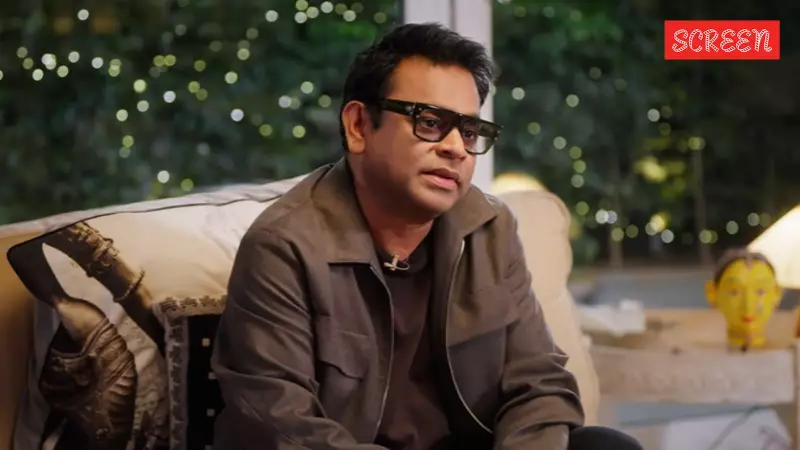
Renowned composer and Oscar winner AR Rahman has opened up about his deep spiritual journey and his studies of various religions, delivering a powerful message against violence in the name of faith. In a recent podcast appearance, the music maestro shared his reflections on what truly constitutes spiritual wealth and the common threads that bind all religions together.
The Universal Language of Music
During his conversation with Nikhil Kamath on his podcast, Rahman expressed his admiration for all religions while highlighting his primary concern about religious extremism. "I am a fan of all the religions, and I have studied Islam, Hinduism and Christianity," revealed the celebrated musician. He emphasized that his fundamental issue lies with the violence perpetrated in religion's name.
The composer described how music serves as a unifying force that transcends religious boundaries. "My one problem is killing or harming other people in the name of religion," he stated unequivocally. Rahman beautifully articulated his perspective on musical performances as sacred spaces where diversity converges into unity.
"I love to entertain, and when I perform, I feel like it's a shrine, and we are all enjoying the fruits of oneness," he shared. "People of different religions, who speak different languages, all come together there." This vision of harmony through artistic expression has become a cornerstone of Rahman's philosophy and creative approach.
Embracing the Sufi Path
When questioned about his inclination toward Sufism, Rahman provided a profound definition of this spiritual tradition. "Sufism is like dying before dying," he explained, describing it as a process of self-purification. The composer detailed how this path involves confronting and overcoming negative traits that cloud human consciousness.
"There are screens which will make you self-reflect, and in order to remove those screens, you have to perish," Rahman elaborated. "Lust, greed, jealousy, or judgementalism all need to die. Your ego is gone, and then you become transparent like God." This transformative process, according to the musician, leads to spiritual clarity and connection with the divine.
Rahman's journey into Sufism began decades earlier, as documented in Naseer Munni Kabir's book "AR Rahman The Spirit of Music." He recalled his conversion experience, noting that "nobody is forced to convert to the path of Sufism. You only follow if it comes from your heart." The decision came after careful spiritual seeking and reflection.
Spiritual Richness as Life's Foundation
The Oscar-winning composer emphasized that regardless of religious affiliation, the sincerity of one's faith matters most. Rahman highlighted the universal principles that benefit humanity across all belief systems. "The commonality of faith is what I love," he expressed warmly.
"We might be following different religions, but the sincerity of the faith is what is measured," Rahman observed. "That's what makes us do the good things. Humanity is benefited by that." This perspective forms the bedrock of his approach to both life and creativity.
Rahman offered practical wisdom about spiritual priorities, asserting that "We all need to be spiritually rich, because when spiritual richness comes, material richness follows." This belief has guided his personal and professional journey, contributing to both his artistic success and personal fulfillment.
The musician's spiritual transformation occurred in 1987 when he and his mother moved from Habibullah Road to Kodambakkam, where they continue to reside. He cited words attributed to Jesus Christ that influenced his decision: "I wish that you were cold and hot. So because you are lukewarm, and neither hot nor cold, I will spit you out of my mouth."
These words convinced Rahman about the importance of wholehearted commitment to a spiritual path. "The Sufi path spiritually lifted both my mother and me, and we felt it was the best path for us, so we embraced Sufi Islam," he shared. Remarkably, their social circle responded positively to their conversion, with their identity as musicians providing "greater social freedom."
AR Rahman's message arrives at a time when religious tensions frequently dominate headlines, offering an alternative vision of interfaith harmony and spiritual depth that transcends doctrinal differences while respecting all traditions.






